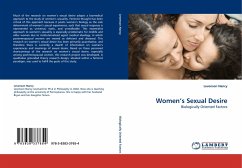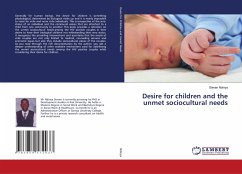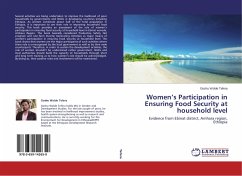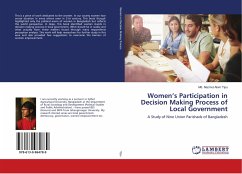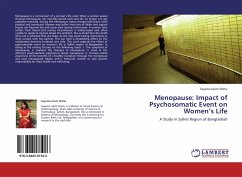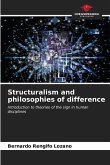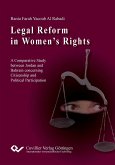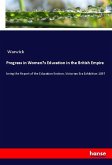Much of the research on women s sexual desire adopts a biomedical approach to the study of women s sexuality. Feminist thought has been critical of this approach because it posits women s biology as the sole determinant of women s sexual experiences, such that sexual response is represented as universal, static, and unmalleable. This essentialist approach to women s sexuality is especially problematic for midlife and older women due to institutionalized ageist medical ideology, in which postmenopausal women are viewed as deficient and diseased. This research on women s sexual desire has been primarily quantitative, and therefore there is currently a dearth of information on women s experiences and meanings of sexual desire. Based on these perceived shortcomings of the research on women s sexual desire, especially among postmenopausal women, this research project was developed. A qualitative grounded theory research design, situated within a feminist paradigm, was used to fulfill the goals of this study.
Bitte wählen Sie Ihr Anliegen aus.
Rechnungen
Retourenschein anfordern
Bestellstatus
Storno

